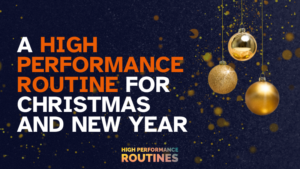
A High Performance Routine for Christmas and New Year
What do the 4 stages of a High Performance Routine look like as the Christmas / New Year season approaches?
Below you will find articles supporting the ‘Recovery’ phase of our High Performance Routines from reputable sources
Select another phase below to find relevant research papers, and tips for that phase.

What do the 4 stages of a High Performance Routine look like as the Christmas / New Year season approaches?

I stay in a lot of hotels and in those hotel rooms I like to get stuff done and sleep.

When I take my year 5 daughter to football training, we wait in the café area before the session starts and as her teammates arrive they sit chatting and laughing together.

In my work I often describe how the ‘Flat line’ – a mode of constant busyness and reactivity – can destroy performance over time.

If you’re serious about World Mental Health Day then you need to get serious about getting off social media.
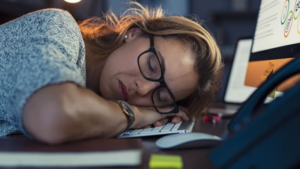
In my research of nearly 7,000 working professionals, energy – or lack of it – is a constant theme.
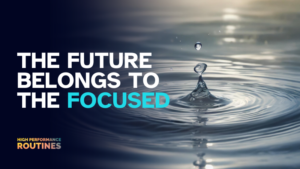
So what does human creativity look like in the age of AI?
I am going to suggest something like this.
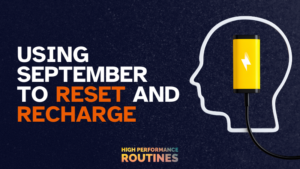
September (the ‘second January’) is a great chance to reset to a sustainable rhythm which brings the best out of us.

So you’ve returned from holiday, still finding sand in unusual places, still wondering whether you could give it all up to make hand-pressed Olive Oil in Greece.

80% of all humans have got a problem with Alan.

We talk a lot about morning routines. Well at least I do.
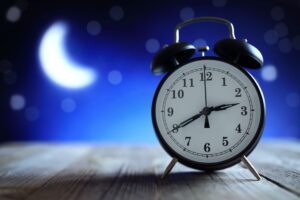
There are many things in life we 𝘤𝘢𝘯’𝘵 control.

Why do we find it hard to switch off from work?
Well most obviously, the brain doesn’t have an ‘off’ switch.
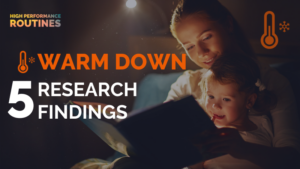
In my workshops, many people report finding it hard to switch off from work, which is unsurprising, as the brain doesn’t have an ‘off’ switch.
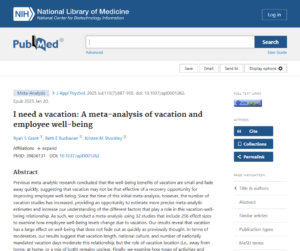
“Vacation has a large effect on well-being that does not fade out as quickly as previously thought”, Meta-analysis shows
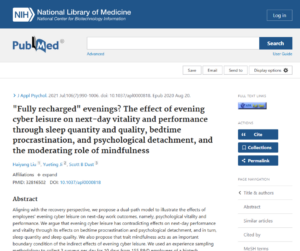
Evening screen time delays sleep and drains next-day energy through bedtime procrastination
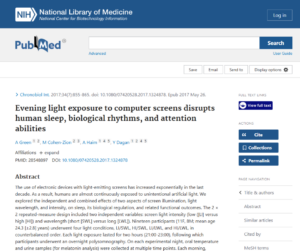
Evening exposure to short‑wavelength (blue) screen light disrupts sleep and increases next‑day sleepiness
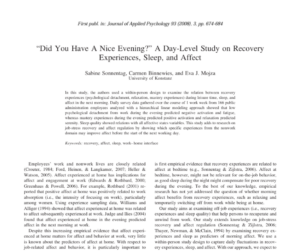
Low psychological detachment in the evening predicts fatigue and negative emotions the next morning.
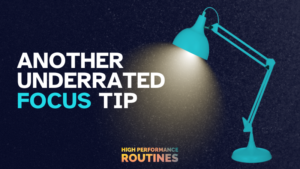
This is a hotel room I stayed in recently, with the desk facing away from the window.
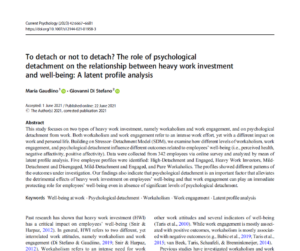
Studies demonstrate that people who have higher levels of detachment from work report better general health and wellbeing.
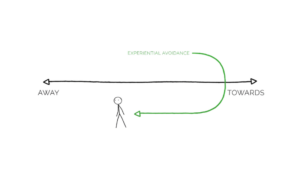
Why don’t we do the things we know we should do?
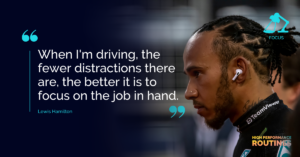
For many of us there’s a tendency to think of lack of focus and distraction as the new normal. Just another casualty of the Information Age.
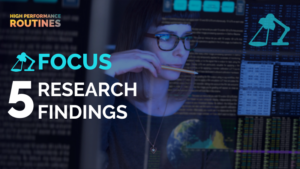
How does improving focus help people?
There is plenty of evidence that focus helps performance.

Sitting in my hotel room, staring out at Niagara Falls.

A few years ago I read this Sunday Times article about how in golf, one lapse of concentration can be the difference between winning and losing.
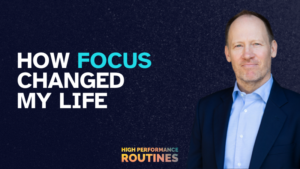
More than any of the 4 stages of a High Performance Routine, improving the Focus stage has transformed my life the most.
By using highperformanceroutines.com, you agree to our Cookie Policy.